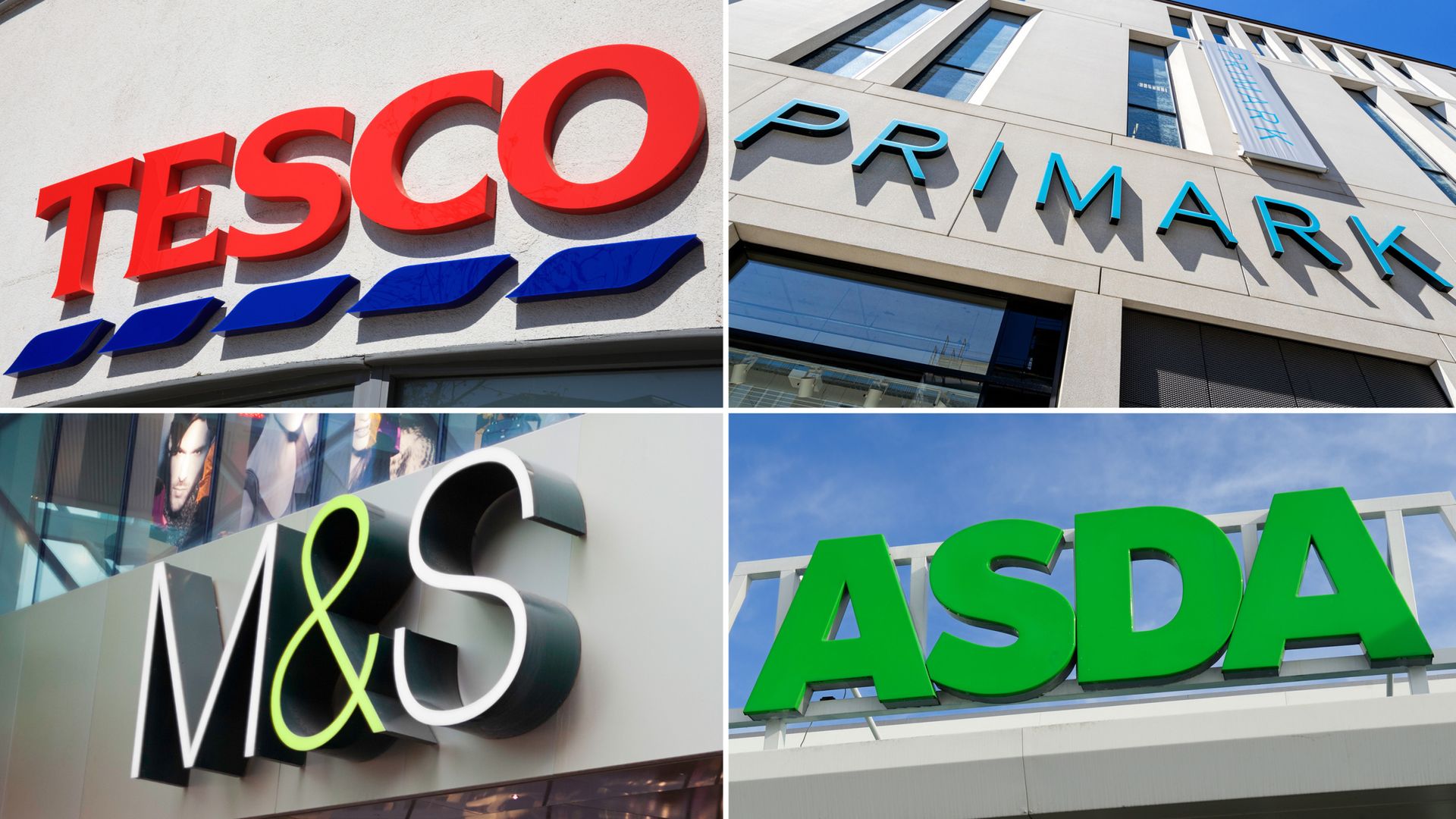When President Volodymyr Zelenskyy touched down in Germany, he arrived with a shopping list of goals.
“Already in Berlin. Weapons. Powerful package. Air defense. Reconstruction. EU. NATO. Security,” he tweeted.
Even before he landed, some of these demands had already been met.
Please use Chrome browser for a more accessible video player
On Saturday, the German government promised Kyiv further arms deliveries worth €2.7bn (£2.35bn).
The country’s biggest military support package so far includes artillery, air defence, infantry fighting vehicles, and 30 Leopard 1 A5 main battle tanks.
It’s a staggering change in position for Berlin which at the start of the war frustrated Ukraine with its hesitancy over sending weapons.
It wasn’t until January, amid mounting pressure, that Germany finally agreed to allow Leopard 2 battle tanks to be sent.
Despite the perceived slow start, it is now one of Ukraine’s biggest financial and military supporters.
However, frustration over arms deliveries hasn’t been the only bone of contention.
Even before Russia invaded, Kyiv was suspicious of Germany’s reliance on Russian energy and pursuit of economic ties with Moscow under Angela Merkel.
German President Frank-Walter Steinmeier was disinvited from Ukraine last year over his perceived past close relations with Russia – a snub which annoyed Germany after it had provided financial support and taken in more than a million refugees.
While President Steinmeier and Chancellor Olaf Scholz have both since been to Ukraine, Mr Zelenskyy’s warm meeting with them on Sunday was as much about building bridges as it was about ensuring ongoing support.
Ultimately, Ukraine may not agree with all of Germany’s actions – it knows that it is a European powerhouse and an important partner to keep on its side.
‘Germany proved to be our true friend’
On his first visit since the Russian invasion, President Zelenskyy thanked the German government for its “fantastic solidarity”.
In a guest book, he pushed this point home, writing: “In the most challenging time in the modern history of Ukraine, Germany proved to be our true friend and reliable ally… Together we will win and bring peace back to Europe.”
Read more:
Brexit ‘stopped Ukraine invasion from succeeding’ – Rees-Mogg
Ukrainian home town of country’s Eurovision act comes under fire
In return, Olaf Scholz said the visit sent a “strong signal” and pledged to support Ukraine “for as long as it takes”.
The trip was also crucial in sustaining the support of the German public.
Click to subscribe to Ukraine War Diaries wherever you get your podcasts
While most back Ukraine, Germany’s own history means many people fear escalating a conflict in Europe.
The majority are also against fast-tracking Ukraine’s NATO membership, according to a recent poll, while the cost of living crisis adds a financial concern.
Be the first to get Breaking News
Install the Sky News app for free
An Ipsos survey in January showed the share of Germans who believed the country could not afford to lend financial support to Ukraine due to the current economic crisis had risen nine percentage points to 56%.
The longer the war goes on, the more doubts could creep in – so visits by the world’s most watched president showing he’s grateful go a long way to shoring up lasting support.











